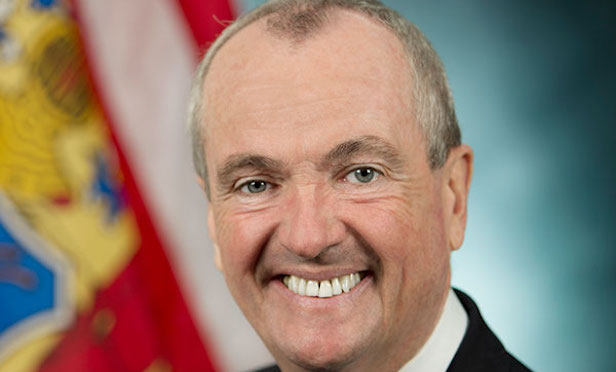TRENTON, NJ—New Jersey Gov. Phil Murphy announced on Wednesday that he will restore millions of dollars into the state's Affordable Housing Trust Fund.
The Murphy Administration reported that it will spend $60 million on affordable housing initiatives across the state in its Fiscal Year 2020 budget. The funding had been diverted in previous years.
"Ensuring that every New Jerseyan has a safe, affordable place to call home is a core principle of my Administration's vision for a stronger and fairer New Jersey," Gov. Murphy said. "With the elimination of diversions from the Affordable Housing Trust Fund in the FY2020 budget, we ended nearly a decade of disinvestment that punished New Jersey residents struggling to make ends meet. The allocation plan unveiled today, which utilizes a community-centered approach, is a significant step in the right direction to address our state's affordable housing crisis."
DCA will allocate $60 million in AHTF funding to smaller rental and homeownership housing projects sized at 25 or fewer units that often have difficulty obtaining financing.
The AHTF dollars will be allocated through three funds—the Municipal Settlement Fund, the Neighborhood Partnership Fund and the Innovation Fund—all focused on creating housing for households earning less than 80% of Area Median Income, with preferences for providing units with deeper affordability.
The Department of Community Affairs will prioritize projects that include municipal leverage; participation in other state-funded community development initiatives; partnerships with private sector investors; sustainability/resilience; walkability; mixed-use; accessibility; and projects addressing gentrification, state officials noted. The allocation plan reflects what the Murphy Administration terms are several core principles, including advancing equity in addressing housing needs, encouraging leverage of other public and private resources, and allowing a flexible structure for funds to be used to get projects done.
The maximum subsidy for a given project financed through the Municipal Settlement and Neighborhood Partnership Funds is $6 million, while the maximum amount provided per project through the Innovation Fund will be $2 million. All housing units receiving AHTF financing must be deed-restricted for a minimum of 20 years.
Grant guidelines are available on DCA's website. DCA will host a webinar on March 2, 2020, from 9:00 a.m. to noon, launching the unified AHTF application, which will be available on SAGE, DCA's grant management system.
© Touchpoint Markets, All Rights Reserved. Request academic re-use from www.copyright.com. All other uses, submit a request to [email protected]. For more inforrmation visit Asset & Logo Licensing.








